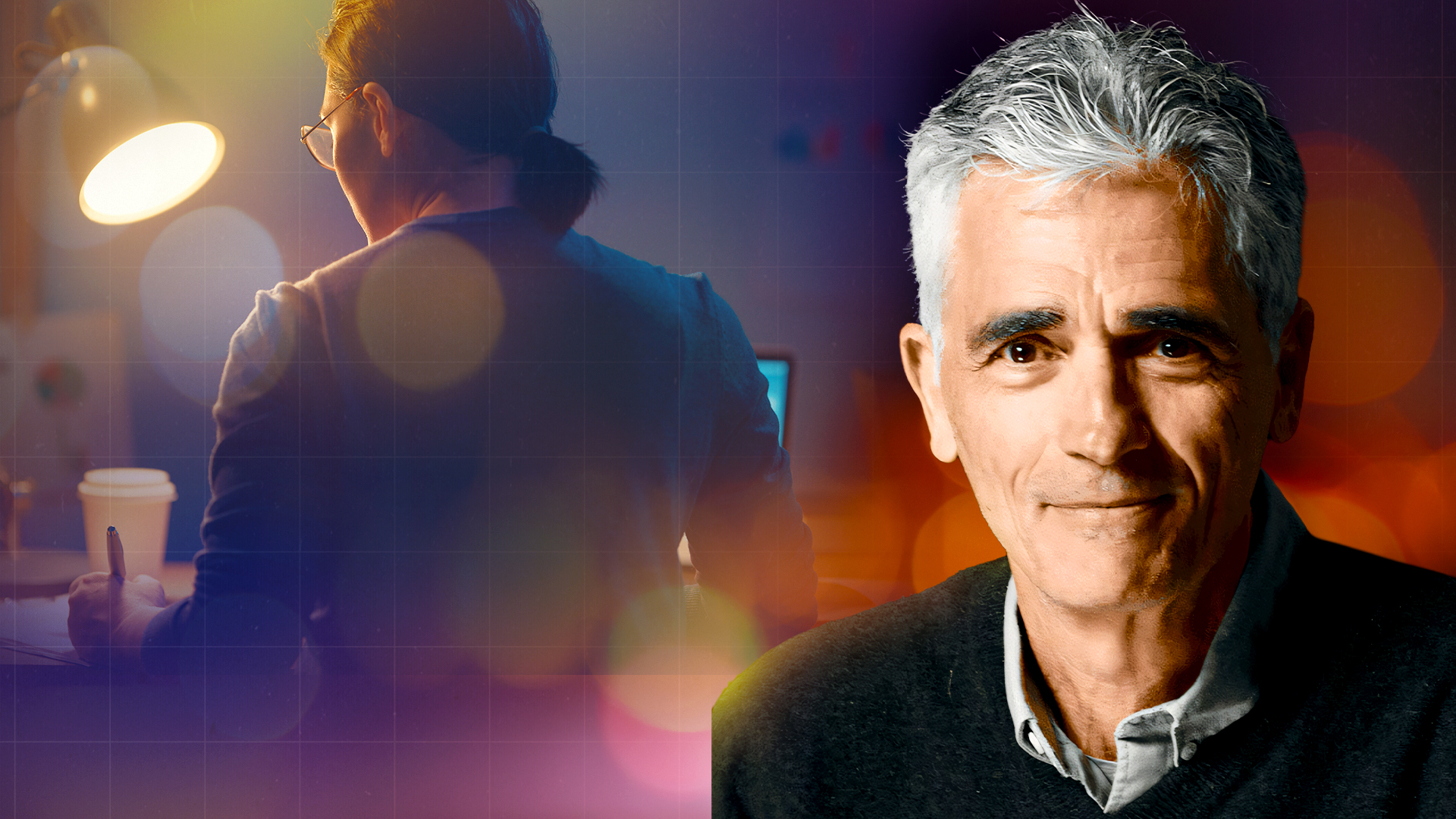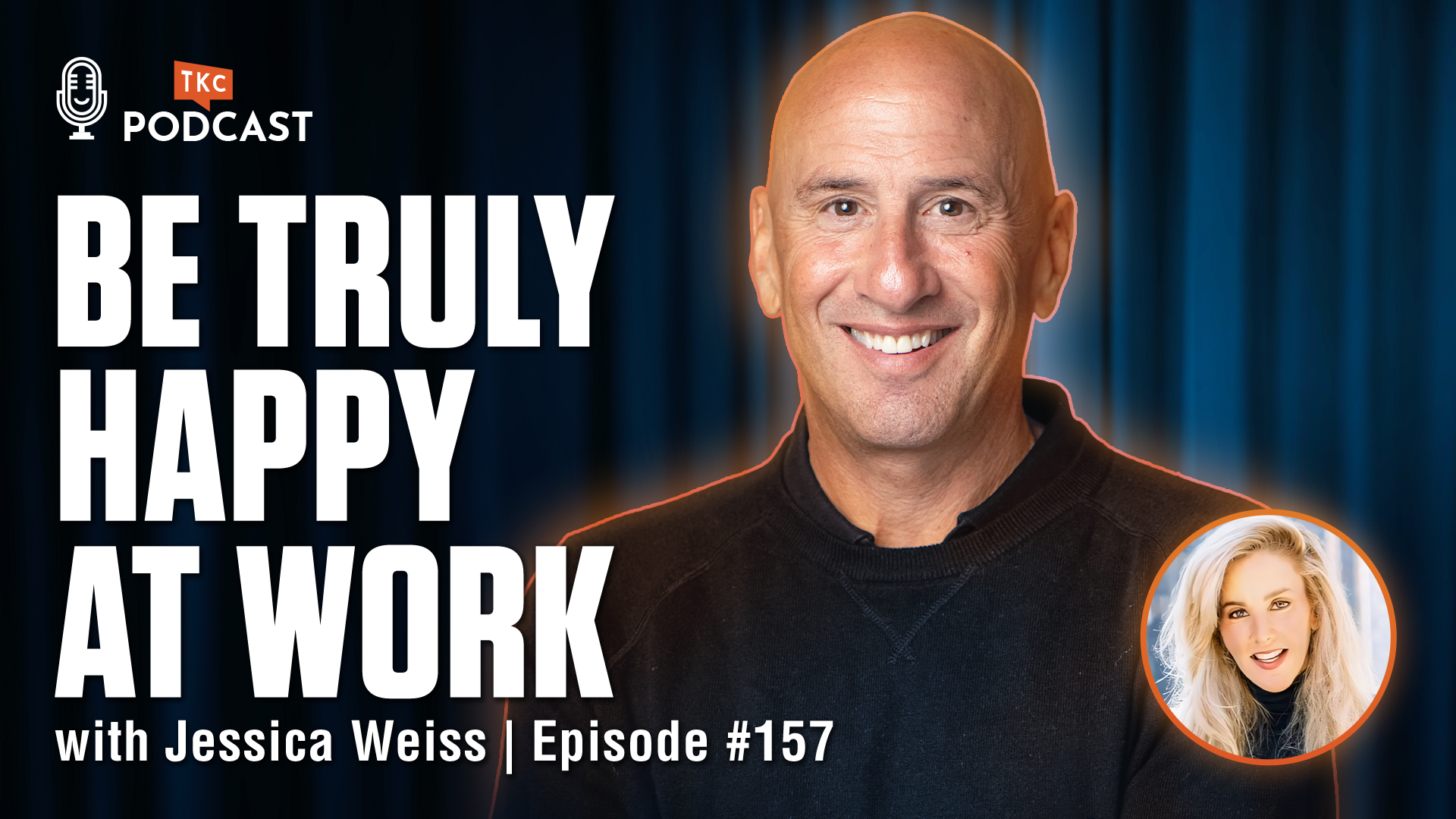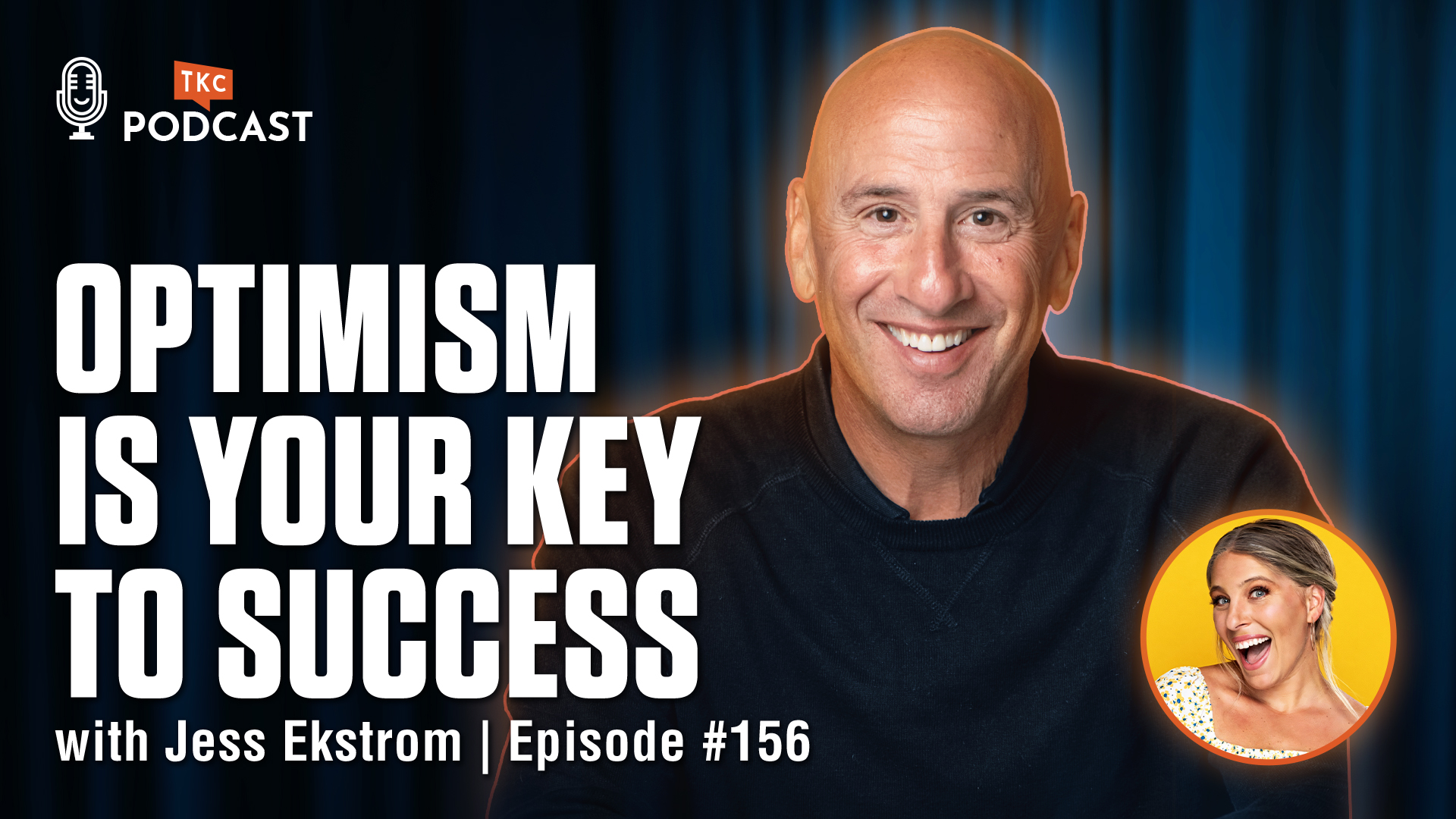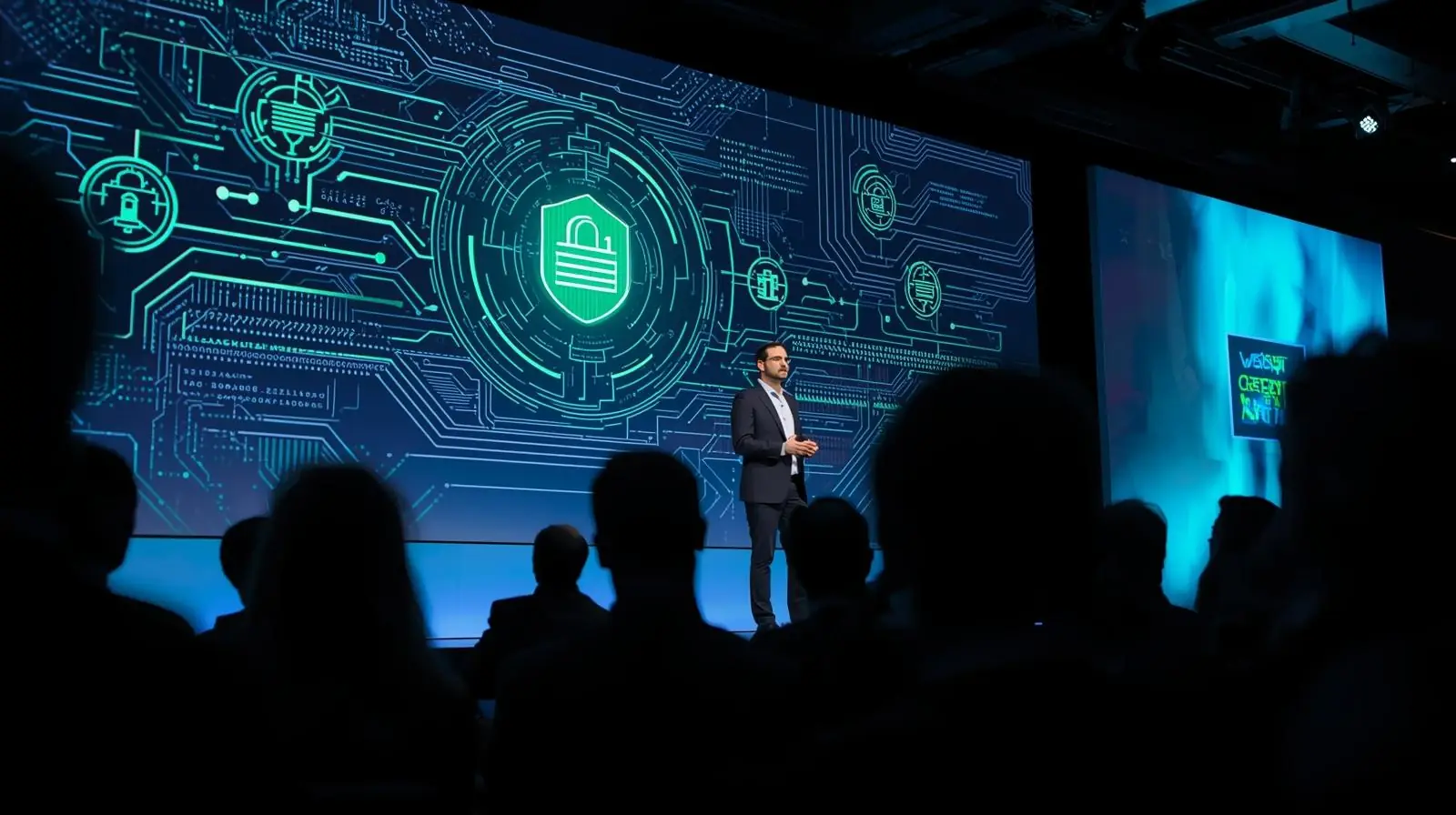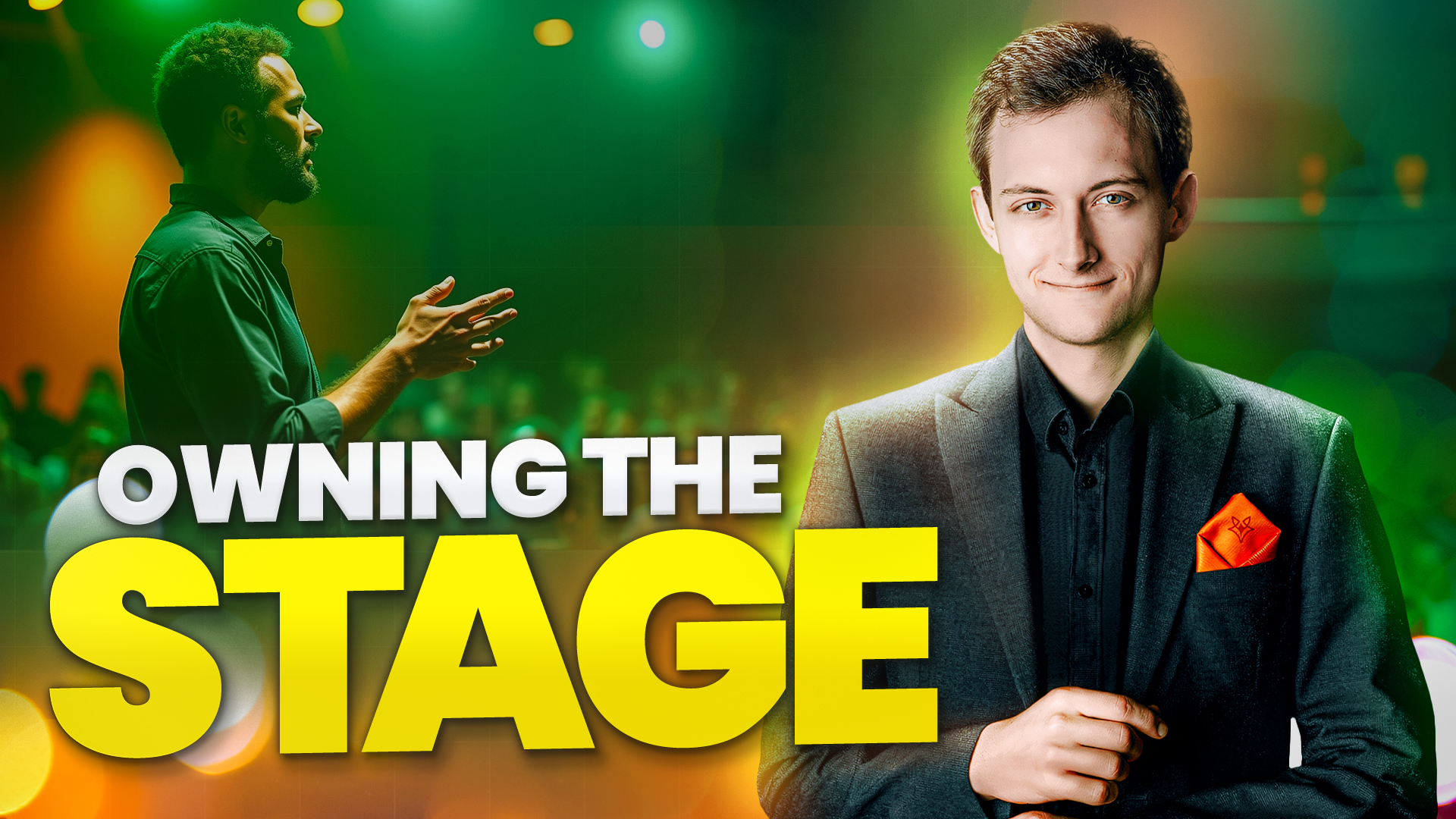
September 1, 2025Stage Fright Doesn’t Have to End Your Speaking Career (This Mentalist Proves It)
Learn how mentalist Christophe Fox transformed paralyzing stage fright into Fortune 100 CEO presentations through preparation and mindset.
What if your worst nightmare could become your greatest professional asset? For most people, the thought of standing in front of hundreds of strangers, let alone Fortune 100 CEOs, would trigger immediate panic. Yet mentalist keynote speaker Christophe Fox has transformed what was once paralyzing fear into a multi-award-winning career that spans CBS, Fox, ABC, and TEDx stages worldwide.
Christophe’s journey from debilitating stage fright to commanding global audiences isn’t just inspiring—it’s a masterclass in how the right mindset and preparation strategies can turn your biggest weakness into an unstoppable strength. In this exploration of his transformation, we’ll uncover the practical tools and mental frameworks that helped him overcome stage fright, and more importantly, how these same strategies can revolutionize your own relationship with public speaking and performance anxiety.
Whether you’re an event planner helping speakers conquer their fears, a business professional dreading your next presentation, or someone whose stage fright has been holding back your career, Christophe’s story offers a roadmap for transformation that goes far beyond typical public speaking advice.
The Hidden Prison of Perfectionist Performance
Most people think stage fright is simply about being nervous in front of crowds. But Christophe’s experience reveals a deeper truth about performance anxiety that few discuss openly. “I was afraid of judgment—things going wrong, the illusion cracking. You live knowing this facade could shatter any moment,” he explains, describing the constant tension that plagued his early performing days.
This fear wasn’t just about making mistakes—it was about maintaining an impossible standard of perfection while knowing that any crack in the facade could expose his vulnerability to hundreds of watching eyes. For magicians and mentalists, this pressure is particularly intense because their entire performance depends on maintaining an illusion under scrutiny. But this same dynamic exists for any public speaker or performer who feels they must appear flawless and in complete control.
The breakthrough came when Christophe realized that this quest for invincibility was actually the source of his stage fright, not the solution to it. Traditional advice about “imagining your audience in their underwear” or “just being confident” completely missed the mark. Instead, he discovered that employee engagement with his audience came not from projecting perfection, but from embracing the authentic journey of transformation.
Living in that gap between aiming for excellence and fearing complete collapse taught him something counterintuitive: the audience wasn’t waiting for him to fail—they were hoping for him to succeed. This shift in perspective became the foundation for everything that followed, turning stage fright from an enemy into an unlikely ally that sharpened his preparation and deepened his connection with every audience.
Grandmother’s Magic: The Foundation of Authentic Connection
The most profound influences on our professional development often come from unexpected places. For Christophe, the key to understanding real magic—and by extension, real connection with an audience—came from watching his grandmother’s approach to making people feel special. “My grandma taught real magic: dressing for airport pickups, three-course meals, circus camp. She made you feel important—that’s the magic,” he recalls.
This lesson fundamentally changed how he approached both his magic and his message. Instead of focusing solely on technical perfection or impressive tricks, he began to understand that the real magic happens in the feeling you create for your audience. This insight became crucial in overcoming stage fright because it shifted his focus from internal fears to external impact.
When you’re worried about your own performance, every mistake feels magnified and every moment of silence feels like failure. But when your primary focus becomes creating wonder, inspiration, or value for your audience, those same imperfections become opportunities to demonstrate authenticity and resilience. This is particularly relevant for storytelling in professional settings, where the most memorable presentations often include moments of genuine human connection rather than flawless delivery.
The three-course meal approach his grandmother modeled—careful preparation, generous presentation, and genuine care for the recipient’s experience—became a template for how Christophe structures his performances and keynote presentations. Just as his grandmother didn’t just feed people but created an experience of being valued and cared for, effective speakers don’t just deliver information but create an experience of being understood, inspired, and empowered.
This understanding helped him reframe stage fright not as a barrier to connection, but as evidence of how much he cared about his audience’s experience. The nervousness wasn’t a sign of weakness—it was proof that the moment mattered to him, which ultimately made it matter more to them as well.
The Overpreperation Strategy That Changes Everything
One of the most practical insights from Christophe’s transformation involves his approach to preparation, which goes far beyond what most people consider adequate rehearsal. When stage fright threatens to overwhelm, the solution isn’t to wing it or rely on natural talent—it’s to prepare so thoroughly that confidence becomes inevitable.
“The point isn’t tricks. What tools do you have to make someone feel wonder? Magic is the feeling you create,” Christophe explains, highlighting how preparation extends beyond technical skills to encompass the entire audience experience. This comprehensive approach to preparation became his primary weapon against performance anxiety.
Overpreperation in Christophe’s method involves rehearsing not just the successful execution of every element, but also practicing recovery strategies for when things don’t go according to plan. This is particularly crucial for anyone dealing with stage fright, because much of the anxiety comes from fear of the unknown—what happens when something goes wrong?
For magicians, this might mean having backup illusions ready and practicing smooth transitions when a trick doesn’t work perfectly. For business presenters, it means anticipating difficult questions, preparing for technical failures, and having contingency plans for various audience responses. But the principle applies to any performance situation where corporate culture demands excellence under pressure.
The key insight is that true confidence doesn’t come from believing nothing will go wrong—it comes from knowing you can handle whatever does go wrong. This shift in preparation strategy transforms stage fright from a paralyzing force into a motivating one that drives you to become genuinely ready for any scenario.
This level of preparation also creates a psychological safety net that allows for more authentic performance. When you know you’re truly prepared, you can afford to be more spontaneous, more genuine, and more responsive to your audience’s energy. Paradoxically, the more thoroughly you prepare, the more natural and effortless your performance appears to others.
Reframing Imperfection as Audience Connection
Perhaps the most counterintuitive aspect of Christophe’s approach to overcoming stage fright involves embracing imperfection rather than avoiding it. Traditional thinking suggests that reducing mistakes will reduce anxiety, but his experience suggests the opposite: accepting that mistakes will happen actually reduces both the frequency of errors and the impact when they do occur.
This reframe is particularly powerful for thought leadership speaking, where authenticity and relatability often matter more than flawless delivery. Audiences connect more deeply with speakers who demonstrate resilience and grace under pressure than with those who appear to never face challenges at all.
The magic metaphor is particularly apt here. When a magician acknowledges a mistake with humor and continues the show, the audience often enjoys that moment more than a perfectly executed trick would have provided. The vulnerability creates intimacy, and the recovery demonstrates character. These are the moments that audiences remember and talk about long after the presentation ends.
For business speakers and event planners working with nervous presenters, this principle offers a practical framework for reducing performance anxiety. Instead of striving for perfection, the goal becomes creating authentic connection through genuine expertise and preparation, with the understanding that small imperfections actually enhance rather than detract from the overall experience.
This approach is especially relevant for entertainment in corporate settings, where audiences often appreciate speakers who can maintain professionalism while still being approachably human. The combination of high preparation and acceptance of imperfection creates the optimal conditions for both speaker confidence and audience engagement.
The key is distinguishing between careless mistakes that come from lack of preparation and human moments that come from genuine effort meeting real-world unpredictability. The first type undermines credibility, while the second type often enhances it by demonstrating authenticity and resilience.
Vulnerability as a Strategic Advantage
One of the most profound lessons from Christophe’s journey involves the strategic use of vulnerability in overcoming stage fright and connecting with audiences. Rather than hiding his former struggles with performance anxiety, he incorporates that journey into his message, creating deeper impact for his audiences.
This approach challenges conventional wisdom about professional speaking, which often suggests projecting unwavering confidence and expertise. Instead, Christophe demonstrates how sharing your transformation story can become one of your most powerful tools for both personal confidence and audience connection.
When speakers acknowledge their own journey with challenges like stage fright, several things happen simultaneously. First, it immediately creates rapport with audience members who struggle with similar issues. Second, it provides concrete evidence that transformation is possible. Third, it gives context for the expertise and strategies being shared, making them more credible and actionable.
This is particularly valuable for inspirational and motivational speaking, where the speaker’s personal journey often provides the foundation for their message. Audiences don’t just want to hear about success—they want to understand the path from struggle to achievement, complete with the setbacks and breakthroughs along the way.
For event planners and meeting professionals, this insight offers a powerful framework for helping nervous speakers reframe their anxiety. Instead of viewing stage fright as something to hide or overcome completely, it can be repositioned as part of their story and expertise. The speaker who has conquered their own fears has unique insights to offer others facing similar challenges.
The strategic disclosure of vulnerability also creates what psychologists call the “beautiful mess effect”—audiences view others’ struggles as more relatable and inspiring than they view their own. This means that sharing your journey with stage fright often enhances rather than undermines your credibility as a speaker.
The Mindset Tools That Transform Fear into Fuel
Beyond specific preparation strategies, Christophe’s transformation involved fundamental shifts in how he thought about fear, performance, and success. These mindset tools became the foundation for turning stage fright from a career-limiting obstacle into a performance-enhancing asset.
The first mindset shift involves redefining what success looks like. Instead of measuring success by the absence of nervousness or the perfection of execution, success becomes about the impact created for the audience. This external focus naturally reduces internal anxiety because attention shifts from self-consciousness to service.
This reframe is particularly powerful for customer experience professionals and anyone whose role involves creating positive experiences for others. When your primary metric becomes how well you serve your audience rather than how flawlessly you perform, the pressure transforms from paralyzing to energizing.
The second crucial mindset shift involves viewing nervousness as evidence of preparation rather than lack thereof. When you care deeply about your audience’s experience and have prepared thoroughly, some level of nervous energy is natural and even beneficial. It sharpens focus, increases energy, and demonstrates that the moment matters to you.
This perspective helps explain why many seasoned performers, including Christophe, continue to experience some nervousness before important performances even after years of experience. The nervousness isn’t a sign of inadequacy—it’s a sign of engagement and investment in the outcome.
The third mindset tool involves developing what could be called “preparation confidence”—the deep knowing that comes from having done everything possible to be ready for the moment. This isn’t blind confidence or positive thinking; it’s the natural result of comprehensive preparation meeting clear intention.
Building Resilience Through Repeated Exposure
While mindset shifts and preparation strategies form the foundation of overcoming stage fright, Christophe’s journey also illustrates the importance of gradual, strategic exposure to performance situations. Like many fears, stage fright often grows in the absence of regular practice and shrinks with consistent, appropriate challenges.
The key insight is that not all exposure is equally beneficial. Random or overwhelming performance situations can actually reinforce stage fright rather than reducing it. Instead, the most effective approach involves carefully designed experiences that stretch comfort zones without triggering overwhelming anxiety.
For Christophe, this meant starting with smaller, more supportive audiences and gradually working up to more challenging performance contexts. Each successful experience built evidence that he could handle difficult situations, while each recovery from imperfect performances demonstrated that mistakes weren’t catastrophic.
This graduated approach is particularly relevant for teamwork in professional settings, where individuals might need to develop presentation skills or leadership presence over time. Rather than throwing nervous speakers into high-stakes situations, effective development programs create opportunities for progressively challenging but manageable growth experiences.
The magic context is particularly helpful here because it provides immediate, concrete feedback about audience engagement. Unlike some forms of public speaking where success metrics might be ambiguous, magic performances offer clear evidence of whether the audience is engaged, entertained, and impacted. This immediate feedback loop accelerates learning and confidence building.
For meeting professionals and event planners, this suggests the value of creating practice opportunities for nervous speakers before their main presentations. Whether through smaller breakout sessions, rehearsal opportunities, or supportive peer groups, these stepping-stone experiences can significantly improve both performance quality and speaker confidence.
The Ripple Effect of Transformation
What makes Christophe’s story particularly compelling isn’t just his personal transformation from paralyzing stage fright to global speaking success—it’s how that transformation creates ripple effects that extend far beyond his own performances. When speakers overcome their own fears and limitations, they become living proof that transformation is possible for others.
This is especially relevant in sales and business contexts, where the ability to present confidently and connect authentically with audiences directly impacts results. Leaders who have conquered their own stage fright bring a unique combination of empathy and authority to their interactions with team members facing similar challenges.
The transformation also influences how audiences receive the message itself. When people witness someone who has clearly overcome significant obstacles, they become more open to the possibility of their own transformation. This creates what could be called “possibility modeling”—audiences don’t just hear about change, they see evidence that change is achievable.
For women leaders and other underrepresented groups who may face additional layers of performance anxiety, seeing someone overcome stage fright while maintaining authenticity provides particularly powerful modeling. It demonstrates that strength doesn’t require perfection and that vulnerability can coexist with authority.
The business impact of overcoming stage fright extends beyond individual presentations to broader career opportunities and organizational influence. Leaders who can communicate confidently and authentically are more likely to be selected for high-visibility projects, invited to represent their organizations at important events, and trusted with significant responsibilities.
Perhaps most importantly, the journey from stage fright to confident performance often develops broader resilience and problem-solving capabilities. The skills required to transform fear into fuel—strategic preparation, mindset management, vulnerability integration, and resilience building—apply far beyond speaking situations to virtually any challenging professional or personal scenario.
From Fear to Fortune: The Complete Transformation
Today, Christophe Fox performs for Fortune 100 CEOs, appears on major television networks, and commands global audiences with the same stage presence that once seemed impossible. But the most remarkable aspect of his transformation isn’t the external success—it’s how he has integrated his journey with stage fright into his core message and methodology.
Rather than leaving his anxious past behind, he has made it central to his value proposition as both a performer and a speaker. His ability to create wonder and inspiration for audiences is amplified by their understanding of what he overcame to reach that stage. The vulnerability that once felt like weakness has become one of his greatest strengths.
This integration offers a powerful model for anyone dealing with stage fright or other professional fears. The goal isn’t to eliminate all traces of your struggle, but to transform it into wisdom, empathy, and authenticity that enhances your ability to serve others. Your greatest challenges often contain the seeds of your unique contributions.
For event planners and meeting professionals, Christophe’s story illustrates the tremendous value of supporting speakers through their growth journeys rather than simply seeking those who appear naturally confident. Some of the most impactful presentations come from speakers who have worked through their own limitations and can guide others through similar transformations.
The entertainment value of his performances is significantly enhanced by the deeper message about human potential and transformation. Audiences don’t just witness impressive magic tricks—they experience a demonstration of what becomes possible when someone refuses to let fear define their limitations.
Your Stage Fright Transformation Starts Now
Whether you’re currently paralyzed by performance anxiety or simply looking to elevate your presentation capabilities, Christophe Fox’s journey offers both inspiration and practical direction. The transformation from stage fright to confident performance isn’t just possible—it’s a learnable set of skills and mindset shifts that anyone can develop with proper guidance and commitment.
The key insights from his experience—comprehensive preparation, vulnerability integration, imperfection acceptance, and strategic exposure—provide a roadmap that has worked not just for him, but for countless others who have applied these principles to their own speaking and performance challenges.
Most importantly, his story demonstrates that stage fright doesn’t have to be the end of your speaking aspirations—it can be the beginning of a transformation that takes you further than natural confidence ever could. The very intensity of the fear often reflects the depth of your potential impact, waiting to be unlocked through the right approach and support.
The magic isn’t in eliminating fear entirely—it’s in transforming that energy into fuel for preparation, authenticity, and connection that creates lasting impact for every audience you serve. Your journey from stage fright to confident performance starts with recognizing that your current struggles contain the seeds of your future strengths.
Transform Your Event Experience
Ready to bring transformational speaking to your next event? The journey from fear to confidence isn’t just inspiring—it’s practical, achievable, and exactly what your audience needs to unlock their own potential.
Book Christophe Fox for your next event and give your attendees an unforgettable experience that combines world-class entertainment with life-changing insights about overcoming limitations.
Schedule a consultation to discuss how motivational speaking can address your specific audience needs and objectives.
Explore our full roster of transformational speakers who specialize in turning challenges into competitive advantages.
Contact us directly to discuss your event goals and discover the perfect speaker to inspire your team.
Watch the complete interview to experience Christophe’s insights and speaking style firsthand.
Your audience deserves more than information—they deserve transformation. Let’s create an event experience that they’ll remember, discuss, and apply long after the presentation ends.
Discover More Insights
Get in TouchContact US
Fill out the form so we can best understand your needs.
A representative from The Keynote Curators will reach out to you.


